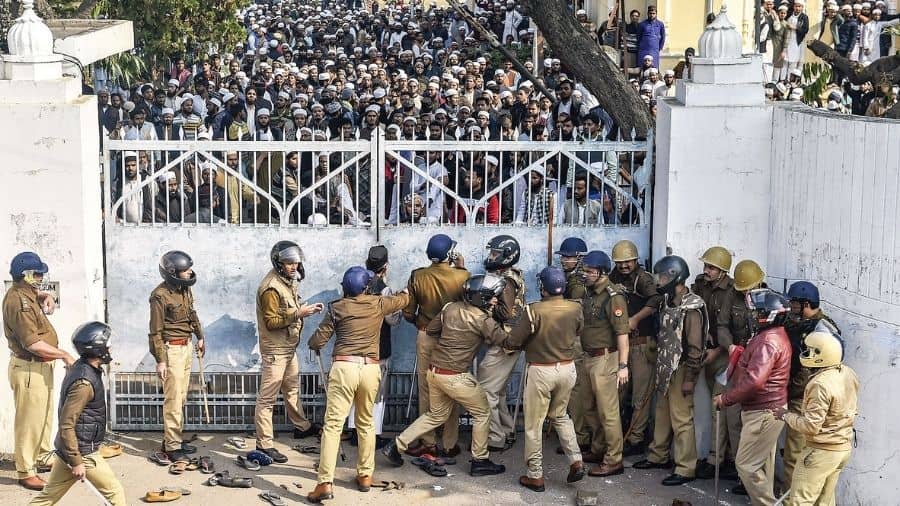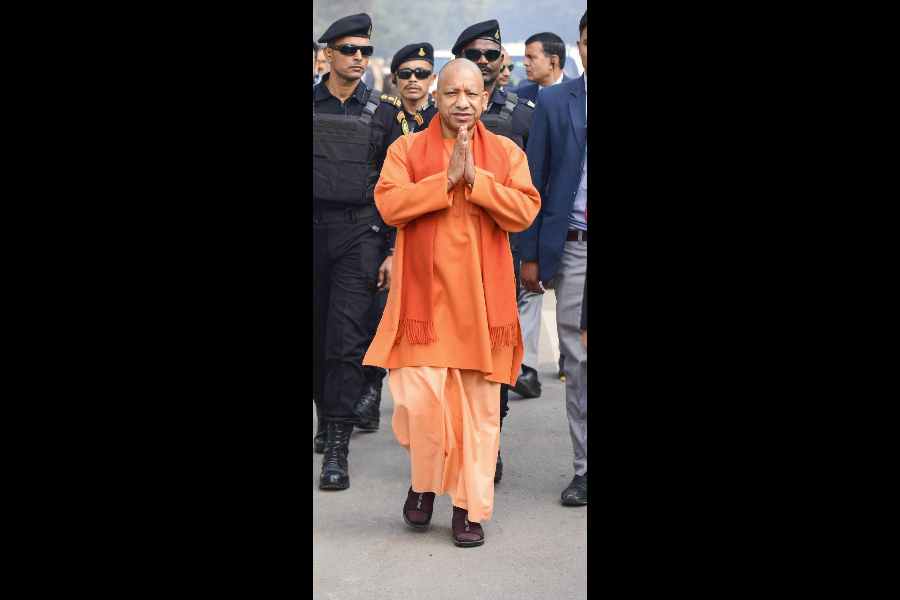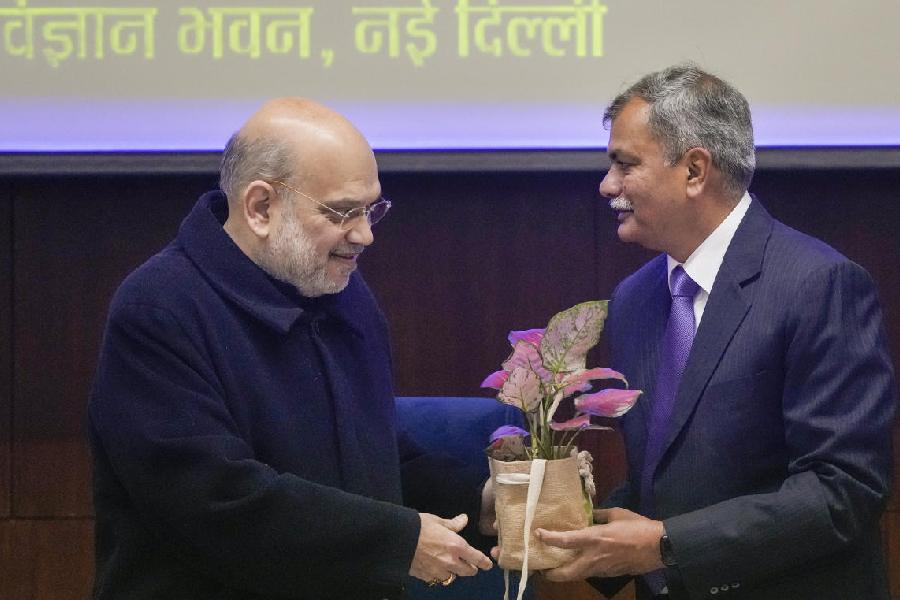The National Commission for Protection of Child Rights (NCPCR) asked the Uttar Pradesh government to probe Islamic seminary Darul Uloom Deoband's website for allegedly publishing "unlawful and misleading" fatwas.
The apex child rights body on Saturday also asked the state's chief secretary to block access to the website until such content is removed. Reacting, the Students Islamic Organisation of India called it yet another attempt at targeting madrasas and their education by cherry-picking some fatwas and sensationalising them.
The NCPCR said it is acting on a complaint which alleged that the website carries a list of fatwas that are against the provisions provided under the country's law.
"Taking cognisance of the complaint u/s 13 (1) (j) of the Commissions for Protection of Child Rights Act, after pursuing the complaint and examining the website, it was observed that the explanation and answers provided in response to issues raised by the individuals do not align with the laws and acts in the country," the NCPCR stated in the letter to the state's chief secretary.
It said such statements were contrary to the rights of children and open access to the website was harmful for them.
"Therefore, it is requested that the website of this organisation may be thoroughly examined, investigated and any such content should be immediately removed," the letter stated.
"Further, access to such website may be prevented until the removal of such content for avoiding spread and recurrence of unlawful statements and consequently preventing incidents of violence, abuse, neglect, harassment, discrimination against children," the letter read.
It also asked the state government to take necessary action against the school for allegedly violating provisions of the Constitution of India, Indian Penal Code, Juvenile Justice Act, 2015 and Right to Education Act, 2009.
The NCPCR has directed the Uttar Pradesh government to submit its report on the action taken within 10 days.
In a statement, Fawaz Shaheen, national secretary, Students Islamic Organisation of India claimed the NCPCR's letter is yet another attempt at targeting madrasas and their education by cherry-picking some fatwas and sensationalising them.
"Fatwas are nothing but personal views of religious scholars on various matters pertaining to personal and social life. In fact, on a given issue, the scholars often have differing opinions and none of them carry any legal sanctity or institutional approval. People are completely free to act according to their own understanding of the religion," it said.
The SIO said it is a settled position of law in India that issues of inheritance, marriage, divorce and other personal matters, including adoption, are covered by the respective customary laws of different communities and religions.











